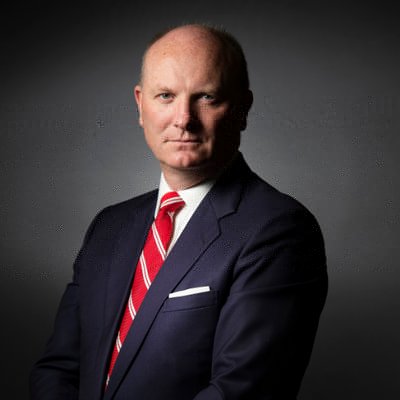
Businessman Declan Ganley’s High Court challenge to the legality of the ban on attending public religious worship which operated at stages during the Covid-19 emergency has been dismissed.
Mr Justice Charles Meenan ruled the challenge was now moot, or pointless.
Mr Ganley had argued that although the disputed regulations have lapsed, the case raised important legal issues about the balance between the right to public worship and public health and the issues could arise again in the future. To not litigate them in court would mean there was no “right to an effective remedy”, as provided by Article 13 of the European Convention on Human Rights.
However, the judge said the constitutional rights to the free practice of religion are not absolute and restrictions must be “proportionate” to the circumstances of a given time and place which depend on the extent and effects of the particular disease.
Finding that the now rescinded restrictions were disproportionate would be of little value in considering the legality of similar restrictions that could be introduced in the future to deal with a different threat, he said.
He was satisfied Mr Ganley’s application was moot and should be dismissed.
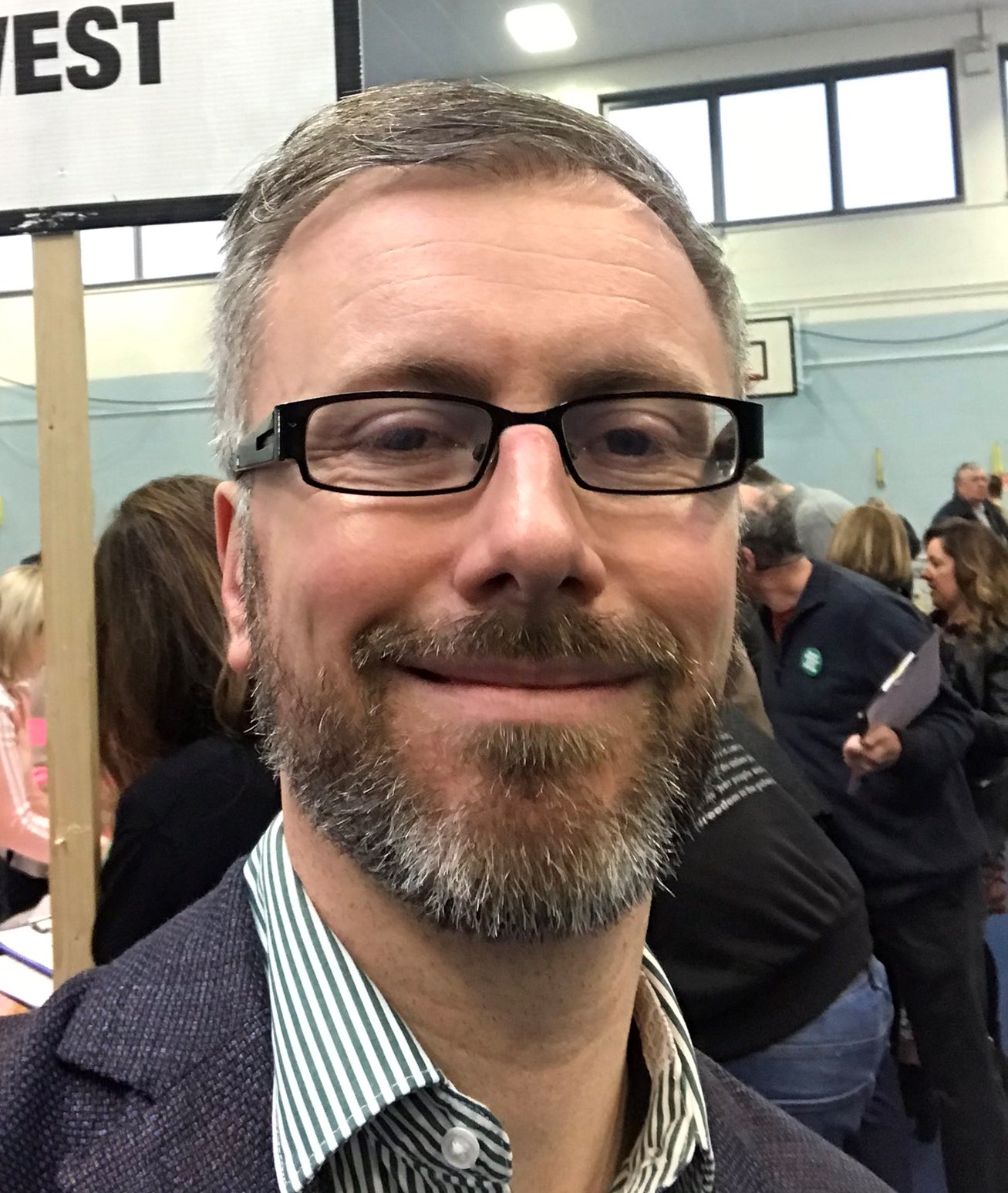
New legislation to give adopted people the right to access their birth information will be published next month, the Cabinet has been told.
This contrasts with a High Court ruling last week that dismissed concerns raised by the Adoption Authority of Ireland about whether an international adoption after a commercial surrogacy arrangement could be registered without reference to a child’s birth and genetic mothers.
Minister for Children Roderic O’Gorman received Cabinet approval on Tuesday to progress the Birth Information and Tracing Bill.
The tracing legislation was promised by Mr O’Gorman following the report by the Mother and Baby Homes Commission of Investigation earlier this year.
It will, for the first time, give adopted people the right to their birth certificates with the name of their birth mother, as well as documentation from their early lives.
The proposed legislation will allow adopted people to access records related to their own identity. The information covered includes birth certificates, birth, early life, care and medical information and other items.
https://www.irishtimes.com/news/social-affairs/proposed-law-to-enable-adopted-people-to-access-birth-data-1.4761491
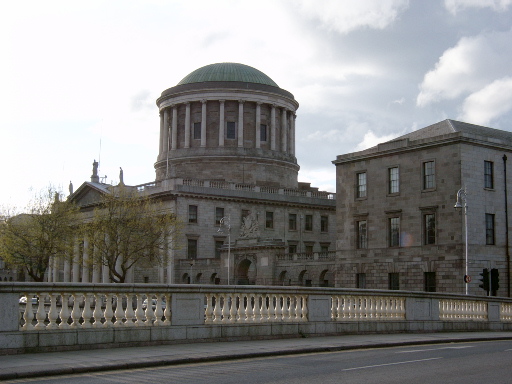
The High Court has ordered the Minister for Foreign Affairs to make a decision on an application for an Irish passport for a child who was born in the UK via a surrogacy arrangement as the Judge came down on the side of the applicant.
The boy’s parents are a married same-sex couple residing in Britain. One of his fathers is a dual citizen of Ireland and the UK, but he is not a biological parent.
The court heard that the boy’s UK birth certificate initially recorded the name of his birth mother and his biological father. However, the England Family Court later issued a parental order which reassigned parentage from the birth mother to the boy’s non-biological father.
It follows, Mr Justice Max Barrett ruled, that this parental status is also recognised under Irish law, contrary to the Department’s claim that a parent was “understood to mean either the mother or father of the child or a male adopter”.
The judge directed that a decision on the passport application be made but said it did not seem necessary for the court to direct that the minister issue the boy a passport. That is because if the minister does not appeal the decision, a passport will be issued and if an appeal is lodged, then a stay on the court’s decision would need to be granted.
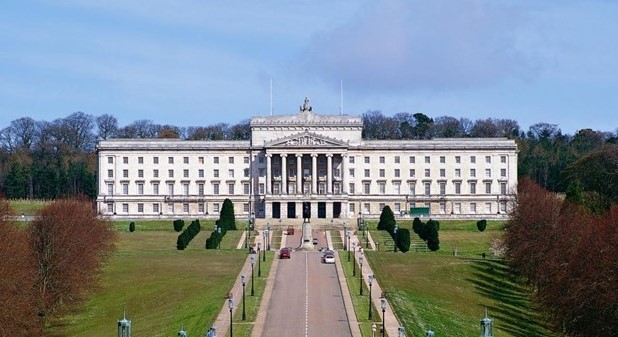
The Northern Assembly’s rejection of a bill to outlaw most abortions on the grounds of disability has been described as a “profound and fundamental failure”, by the North’s Catholic Bishops.
In a statement today, the prelates said it is a matter of grave concern for all those who uphold the preciousness and dignity of every human life that the current legal framework in Northern Ireland permits abortion, to the point of birth, where an unborn child is found to be suffering from a serious but non-life-threatening disability.
“The nature of such a disability is not defined in our legislation but will include conditions such as Down’s Syndrome. The effect of similar legislation in other parts of the world, especially in Scandinavia, has been to screen out of existence an entire sector of humanity,” they wrote.
“The Severe Fetal Impairment Abortion (Amendment) Bill, recently voted on in our Assembly, was a measured and reasonable attempt to address this injustice and remove from the current abortion regulations discrimination against unborn children with non-fatal disabilities. Its defeat in the Northern Ireland Assembly represents a profound and fundamental failure to respect the equality of all persons, born and unborn, in our society”.

The High Court has ruled that payments to an egg donor, a surrogate and a surrogate matching agency, plus a deliberate breach of the natural ties, were no barrier to having children placed on the Register of International Adoptions.
The case arose after the Adoption Authority of Ireland opposed an application involving a US-based couple, including a man from Northern Ireland, to register the children. The authority had concerns that their payments — including $11,300 (€10,300) for an agency, $7,000 for an egg donor and fees for their surrogate — might breach an Irish ban on paying parents whose children are adopted. Many countries in Europe ban commercial surrogacy on the grounds it commodifies children.
However, the Irish man, known as Mr D in the case, disputed the adoption authority’s characterisation of the arrangement as a “commercial surrogacy” and said it was “compensatory”.
The attorney-general, a notice party in the case, submitted that the court could distinguish between surrogacy arrangements involving fees permitted in America and the later American adoption.
The authority raised concerns about whether the adoption could be registered without reference to the children’s birth and genetic mothers.
Approving the application, Judge Max Barrett said the men did everything “by the book”. As the twins were deeply loved and well cared for, the idea that the court would not recognise the adoptions by reference to the “best interests” of these children “does not hold water”.
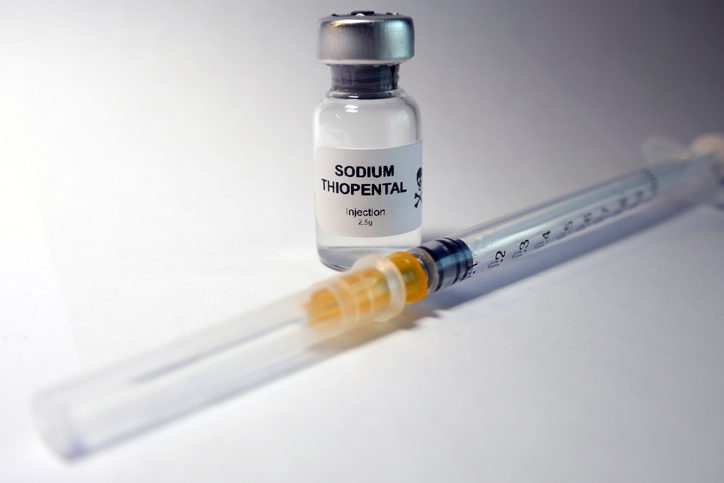
The Austrian parliament has voted to legalise assisted suicide from January after a court ruling said its ban ‘breached’ fundamental human rights.
The ban would have expired at the end of this year anyway, and the new legislation means it can only take place in accordance with designated criteria.
The Assisted Suicide Act gives the option of an advance directive — similar to a living will — to adults who are terminally ill or suffer from a permanent, debilitating condition, meaning they need not be terminally ill.
Each case is to be assessed by two doctors, one of whom would have to be an expert in palliative medicine. As part of their duties, they must determine whether a patient is opting for euthanasia independently.
At least 12 weeks must pass before a patient is granted access to the procedure, to ensure that euthanasia is not being sought due to a temporary crisis. However, for patients in the “terminal phase” of an illness, the period can be shortened to two weeks.
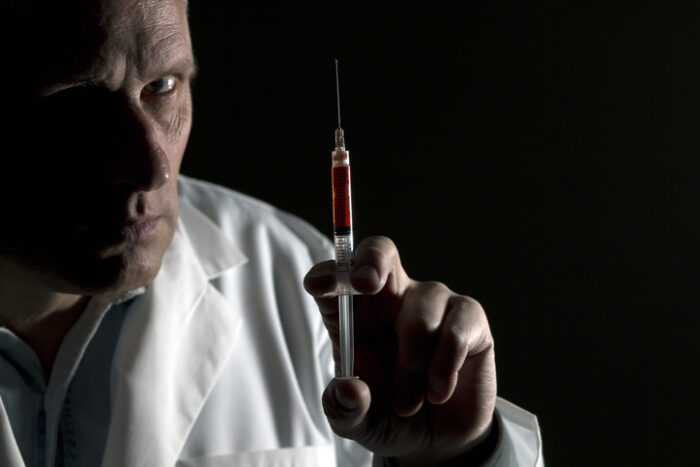
The College of Psychiatrists has warned against assisted suicide legislation, saying it is not compatible with good medical care and its introduction could place vulnerable patients at risk.
With a special Oireachtas committee due to examine the ‘Dying with Dignity’ Bill (2020) in the new year, the College of Psychiatrists has published a position paper on physician assisted suicide and euthanasia (PAS-E).
It says allowing the practice could have “unintended consequences” and would go against traditional Irish Medical Council ethics guidelines.
Even when safeguards are introduced to ensure that the choice for induced death is made with clear knowledge and full consent, intentions regarding induced death can often fluctuate over short periods.
It also warned that the drugs used to kill the patient can themselves result in considerable and protracted suffering.
The position paper also says doctors should not be “coerced” to act against their values adding: “Physician-assisted suicide and euthanasia are contrary to the efforts of psychiatrists, other mental health staff and the public to prevent deaths by suicide.”
The report considers ethical issues surrounding assisted dying and says grounding it in legislation could itself prove problematic.
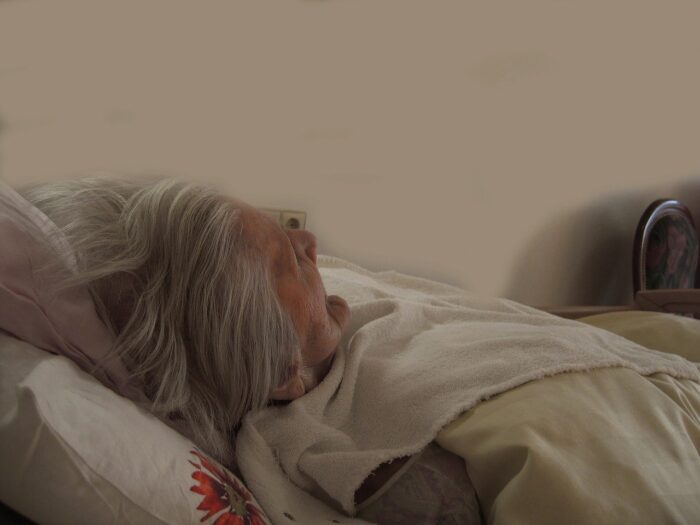
Church leaders in Uruguay and Argentina have released strong statements opposing assisted suicide in response to moves to allow the procedure.
Cardenal Daniel Sturla, archbishop of Montevideo, Uruguay, spoke about the matter in his Christmas message, supporting “the defense of life from conception to natural death,” and rejected any “action that searches for death.” The message comes as the Uruguayan parliament debate issues related to palliative care and euthanasia.
In neighboring Argentina, a project to legalise euthanasia called “Good Death” was presented by three legislators last November.
Argentina’s Council for Religious Freedom released a statement criticizing the project.
“Though recognizing that there are differences among us, there’s ample consensus among religious confessions about the eminent dignity of all human beings, healthy or sick, and of the duty to respect, honor and care for life, as [religions] generally value as a fight from God,” the council said.
The statement also describes the project of “Good Death” as the “facilitation of assisted suicide and the elimination of patients with chronic deceases, including children and people with restricted capacities.”

The Quebec government will impose vaccine-pass requirements on those wishing to attend mass and other religious services as part of new public health measures to counter the Omicron variant.
From today, places of worship will reduce capacity by 50 per cent, with a cap of 250 people. Vaccine passports will be required and people must be seated.
Funerals and weddings can have up to 25 people without requiring vaccine passports, but up to 250 people with passports.
Since October, dioceses in other Canadian states, such as Newfoundland, already instituted a vaccine-pass requirement for attending mass in response to Government rules.

A Christian school in India has been attacked by over 300 Hindu nationalists.
St Joseph’s School in Madhya Pradesh State was targeted earlier this month after false allegations that the school was involved in religious conversions.
The charity CSW says many of the high school students were left traumatised by the attack which happened while they were sitting exams.
Students at the school were taking their Class XII examinations (ages 16 to 18) when members of right-wing Hindu groups, including Vishwa Hindu Parishad and Bajrang Dal, started throwing stones at the glass window at the entrance of the school and shouting slogans such as “Jai Shri Ram” (a Hindu chant meaning “Hail Lord Ram”). During the attack, the mob threw rocks at the windows, prised the doors open with iron bars, and stormed the building.
The manager of the school, Anthony Pynumkal, claimed that he had received information about the planned attack the previous day and had requested police protection, but the police failed to arrive until after the mob had dispersed.
Mr Pynumkal also said that the police have downplayed the seriousness of the damages.